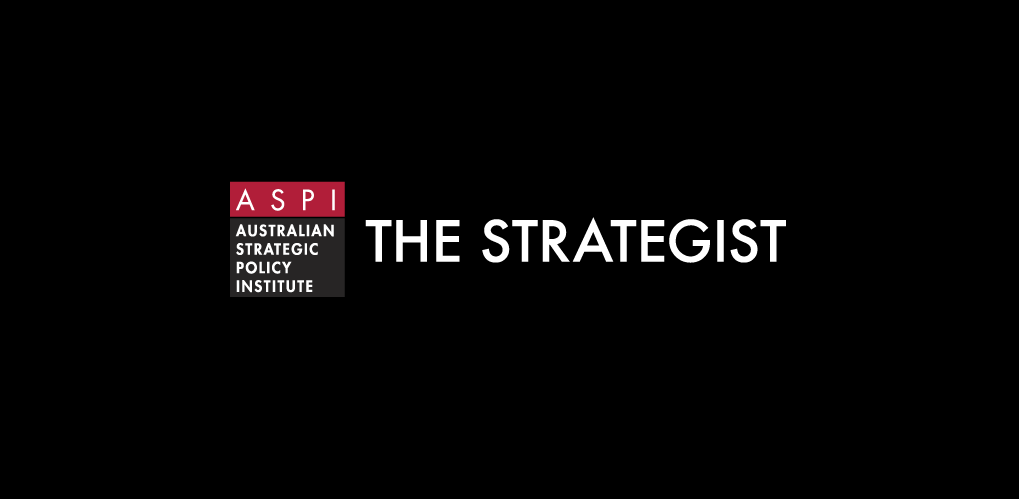Whatever happened to soft power?


Joseph S. Nye in ASPI's The Strategist considers the China/US dynamic at the end of 2021 through the lens of hard and soft power. He frames Biden's holding of the Summit, and China's reaction to its non-invitation as a "great-power competition over soft power", whereby countries attempt to influence others through attraction. Soft power comes from three sources: a country's culture, its political values, and its policies. Influence may be carried through examples set by governance at home, participation in international institutions, and foreign policy. While polls reflect that the US has declined in its soft power, China has not managed to surpass its influence, except perhaps in Africa where the two countries are tied in measures of attractiveness. US cultural exports, such as Hollywood movies, also remain popular throughout the world, and its democracy proved resilient when elections in 2020 drew record turnout and unseated a demagogue. Nye contends that while many perceive hard power as increasingly relevant on the international level, and question soft power's relevance, it will remain important moving forward.
Read the full piece here in the Australian Strategic Policy Institute's the Strategist.

